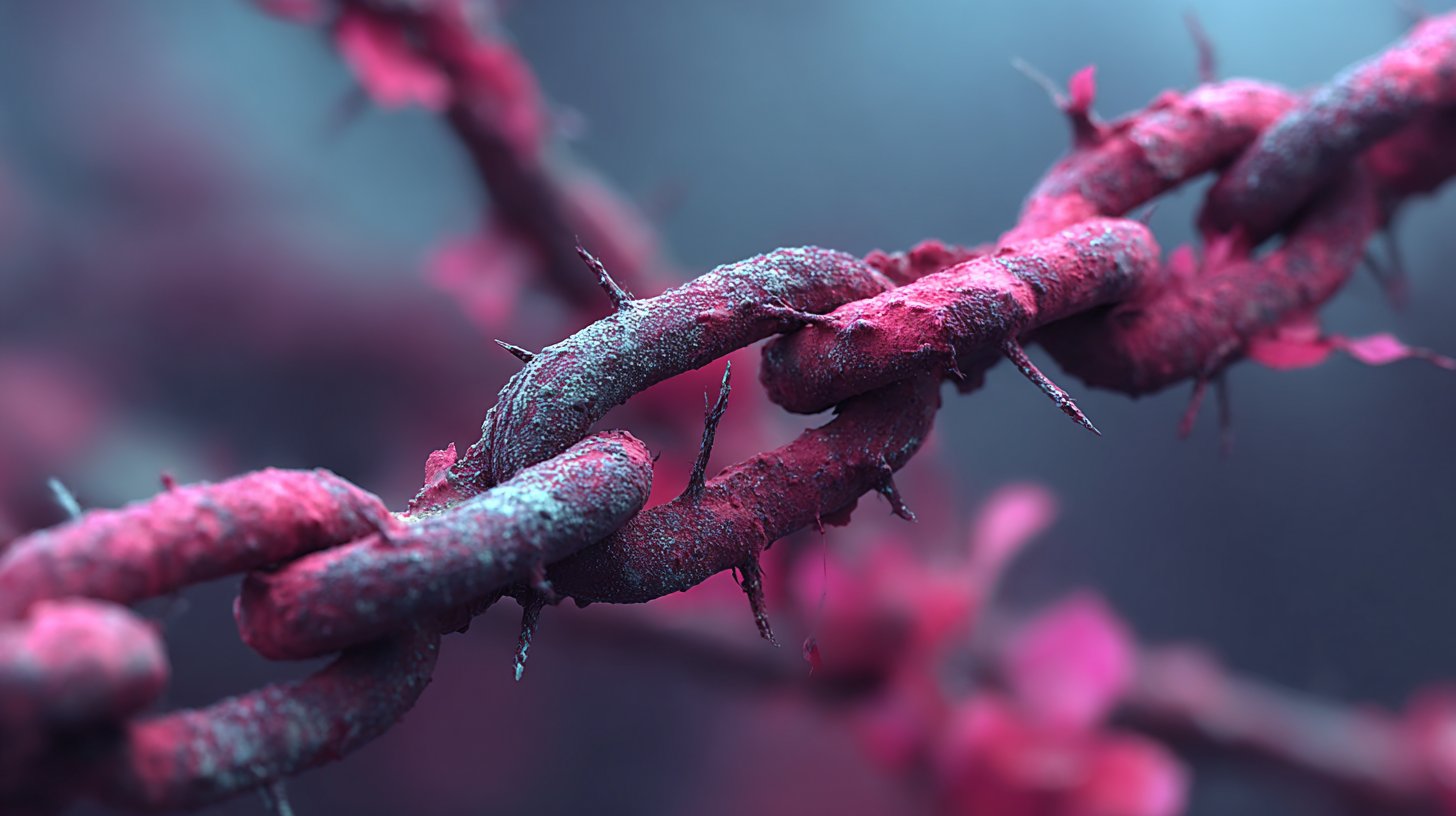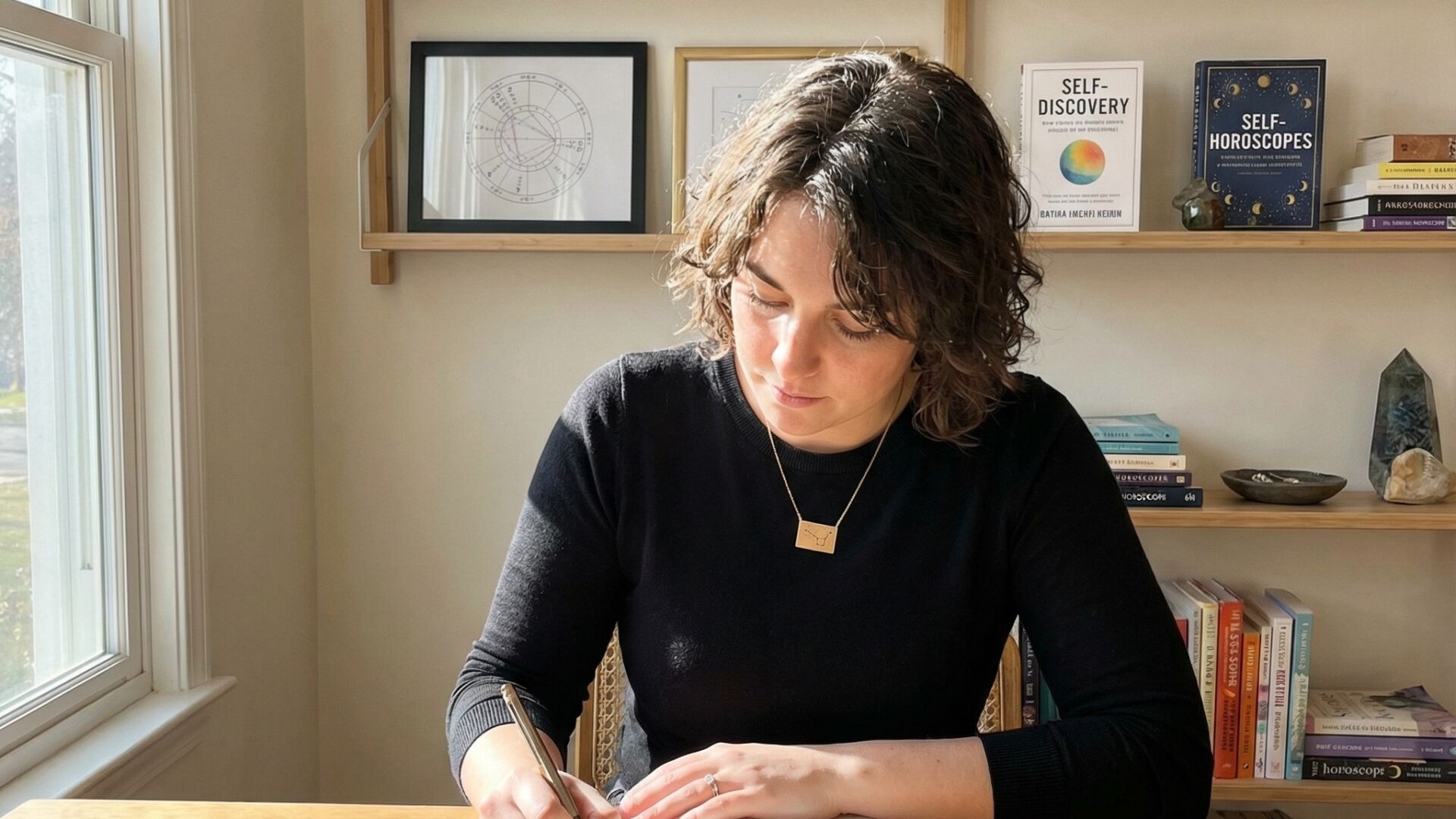How to recognize toxic behaviors in your relationship

In relationships, it often happens that we engage in situations that are not good for us. Abusive behavior is often subtle and can be difficult to recognize. Keywords like manipulation, control, and devaluation should not be underestimated.
Recognizing toxic behavior in a relationship is the first step towards self-liberation. Often, we do not take the warning signs seriously or misinterpret them. You are not alone if you wonder whether you are in an unhealthy relationship. There are clear signs to look out for, and it is important to be aware of them to protect yourself.
Common signs of toxic behaviors
One of the most noticeable signs of abusive behavior is constant criticism. If your partner regularly demeans your abilities or appearance, it can be extremely damaging to your self-esteem. This type of criticism can disguise itself as a 'helping offer,' but it requires a deeper analysis of your relationship. Remember: constructive criticism is positive, but ongoing devaluation is manipulative and hurtful.

Manipulation and emotional control
Manipulation often manifests in the form of gaslighting, where your partner tries to make you doubt your perception of reality. If you feel that your partner is constantly questioning your thoughts and feelings, that is a clear sign of abusive behavior. The attempt to make you doubt your own memories or experiences is not only harassing but also destructive. It is important to remember that your feelings and experiences are valid, no matter what someone else says.

Isolation from friends and family
Another common feature of abuse in relationships is targeted isolation. Your partner may try to distance you from friends and family members, leading to feelings of loneliness and vulnerability. Comments like 'You spend too much time with your friends' or 'I feel uncomfortable when you are alone with your family' are red flags. This control sharpens the feeling of dependency and makes you believe that you can only be happy with your partner. It is important to remember that healthy relationships allow space for friendships and family bonds.

To stay healthy, it is crucial to be aware of these behaviors. You should allow yourself to engage in regular self-reflection and be honest with yourself. Take time to think about your experiences and ask yourself: Do I feel valued in this relationship? Answering this question can be the first step in recognizing whether it is time to make changes.
Remember that you are not responsible for your partner's behavior. It is also important to seek support from friends, family members, or even a professional counselor to see the situation from a different perspective. Although it may be difficult at first to face the truth, it can ultimately help you regain control of your life and find happiness and satisfaction.
Overall, it is important to be aware of the various facets of abusive behavior. Recognize the warning signs before you become too deeply involved in an unhealthy relationship. Your well-being and mental health are essential, and you deserve to be in a relationship that offers respect, love, and support instead of criticism and control.
In summary, the first step towards self-observation and personal development is to recognize the signs of toxic behavior. If you ever feel that you are trapped in an unhealthy relationship, do not hesitate to seek support. There is light at the end of the tunnel, and you can lead a fulfilling, happy life that is free from emotional abuse.


